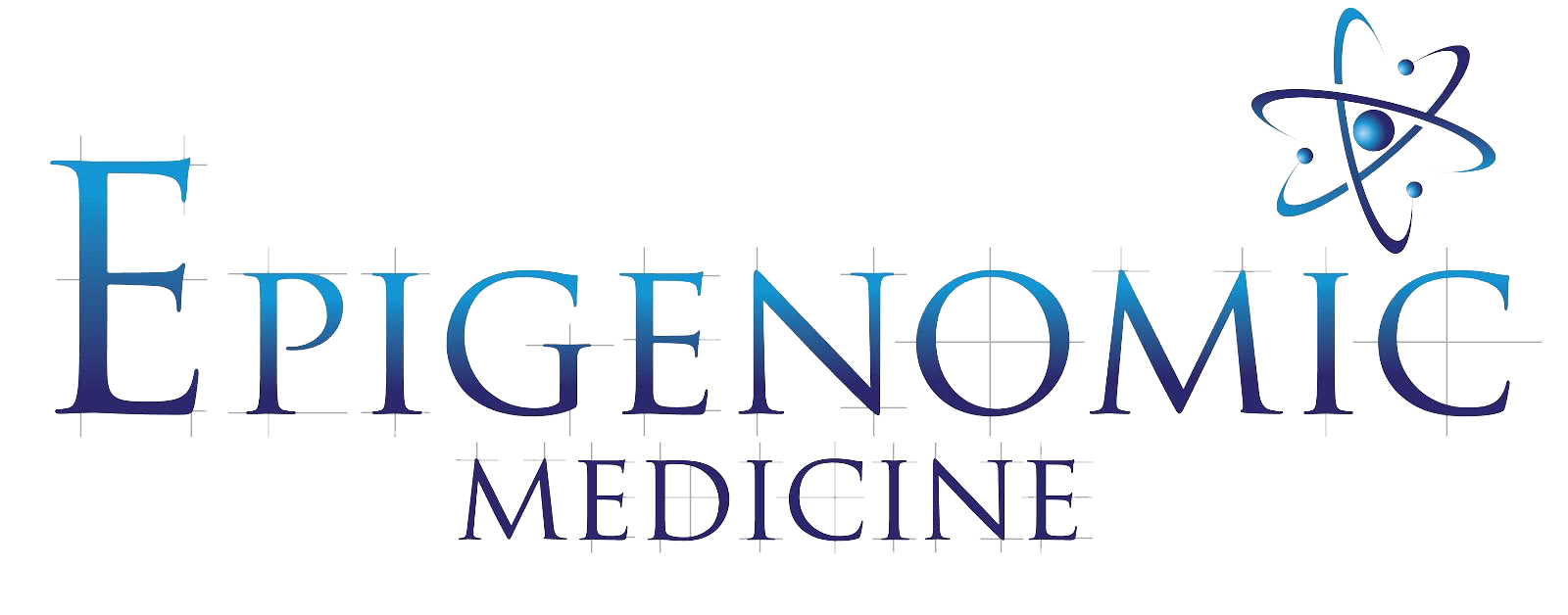emerged as a beacon of resilience and strategic foresight with its exceptional initial response. The Hellenic Republic’s proactive measures showcased a commendable blend of swift decision-making, public cooperation, and innovative approaches to curb the spread of the virus.
One of the key pillars of Greece’s success was its timely and decisive actions. In the early stages of the pandemic, the Greek government swiftly implemented strict lockdown measures, closing schools, businesses, and imposing travel restrictions. This proactive approach helped to contain the initial wave of infections and buy valuable time for the healthcare system to prepare for potential surges. The government’s commitment to prioritizing public health over economic considerations demonstrated a responsible and pragmatic leadership.
Greece’s effective communication strategy also played a crucial role in managing the crisis. Regular and transparent updates from government officials and health authorities ensured that the public was well-informed about the evolving situation. Clear guidelines and instructions were disseminated, fostering a sense of collective responsibility among citizens. The Greek people, recognizing the severity of the situation, adhered to safety protocols and demonstrated a high level of compliance, contributing significantly to the overall success of the containment efforts.
Moreover, Greece’s healthcare system demonstrated resilience and adaptability in the face of the crisis. The government invested in expanding healthcare infrastructure, increasing testing capacity, and ensuring an adequate supply of medical equipment. The collaborative efforts between the public and private sectors allowed for a more comprehensive and coordinated response. Additionally, the deployment of technology for contact tracing and monitoring the spread of the virus showcased Greece’s commitment to leveraging innovation in the fight against COVID-19.Greece’s support for vulnerable populations during the pandemic further underscored its compassionate and inclusive approach. Measures were implemented to protect the elderly and those with pre-existing conditions, recognizing the heightened risks they faced. The government also implemented economic relief packages to mitigate the impact of the lockdown on businesses and individuals, demonstrating a holistic understanding of the multifaceted challenges posed by the pandemic.
In conclusion, Greece’s excellent initial response to COVID-19 stands as a testament to effective governance, community resilience, and a commitment to public health. The nation’s ability to swiftly implement measures, communicate effectively, bolster healthcare infrastructure, and support vulnerable populations exemplifies a model for navigating global health crises. As the world continues to grapple with the long-term effects of the pandemic, Greece’s early successes offer valuable insights and lessons for shaping future responses to unforeseen challenges.

